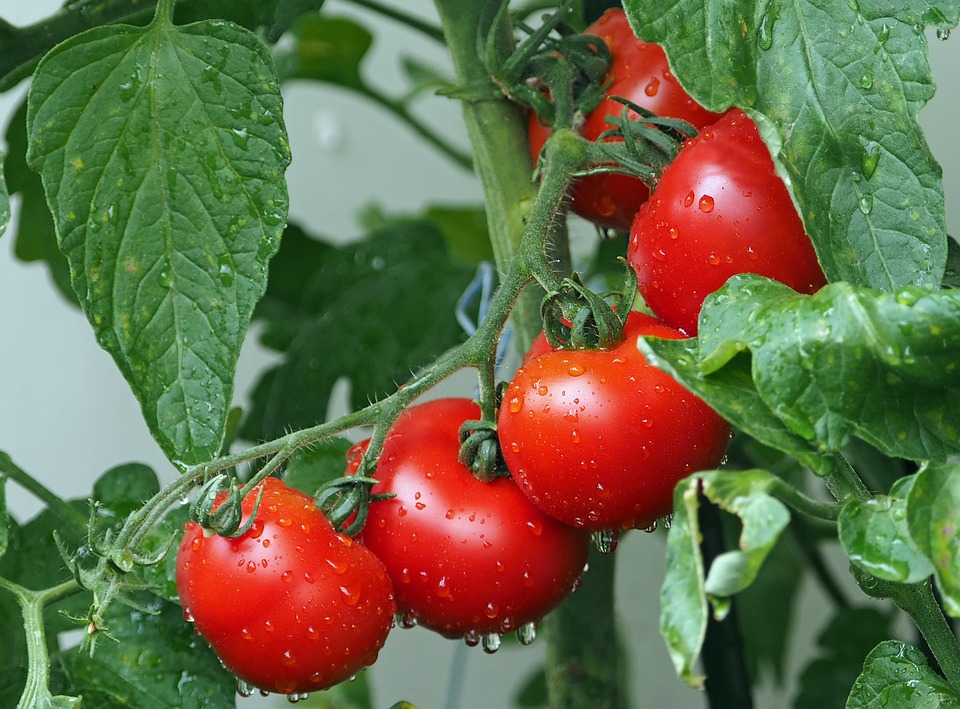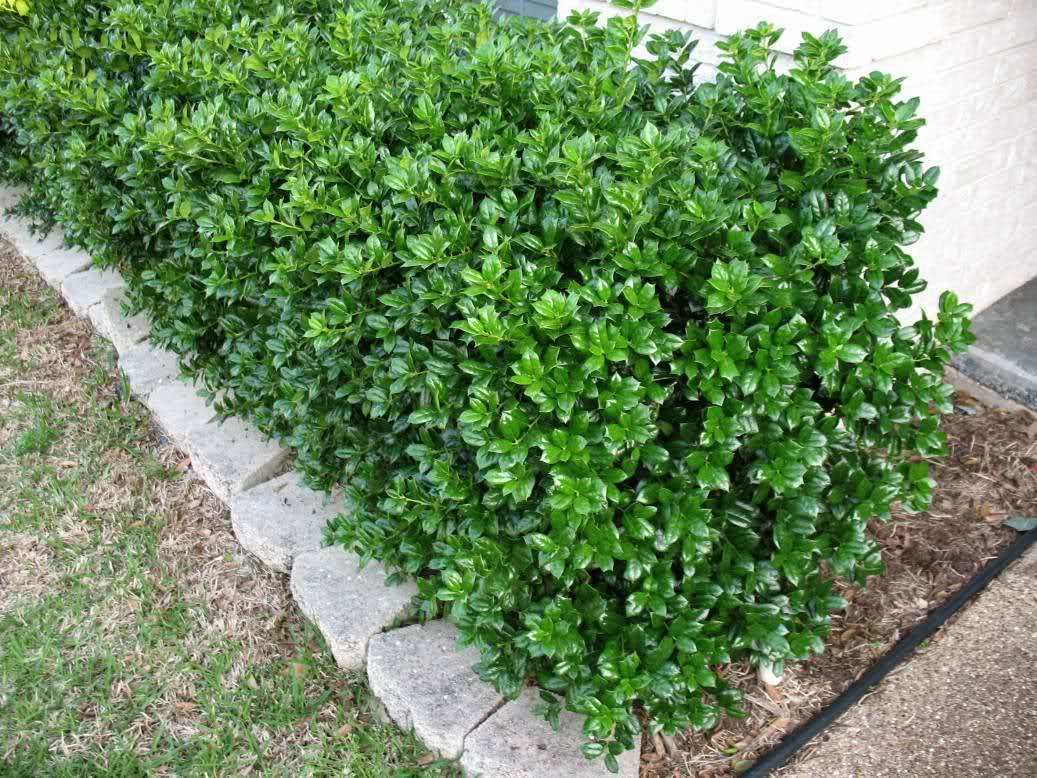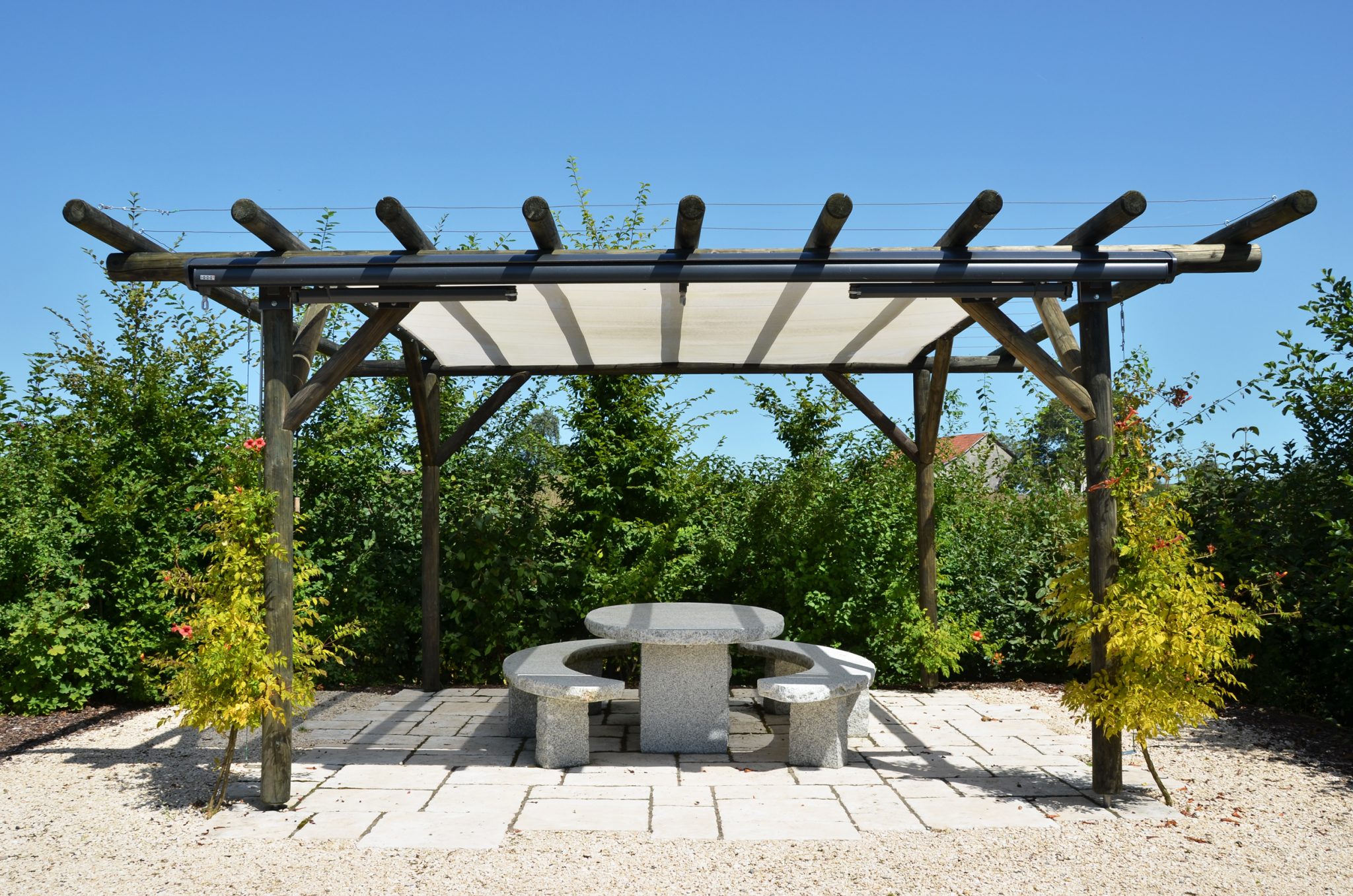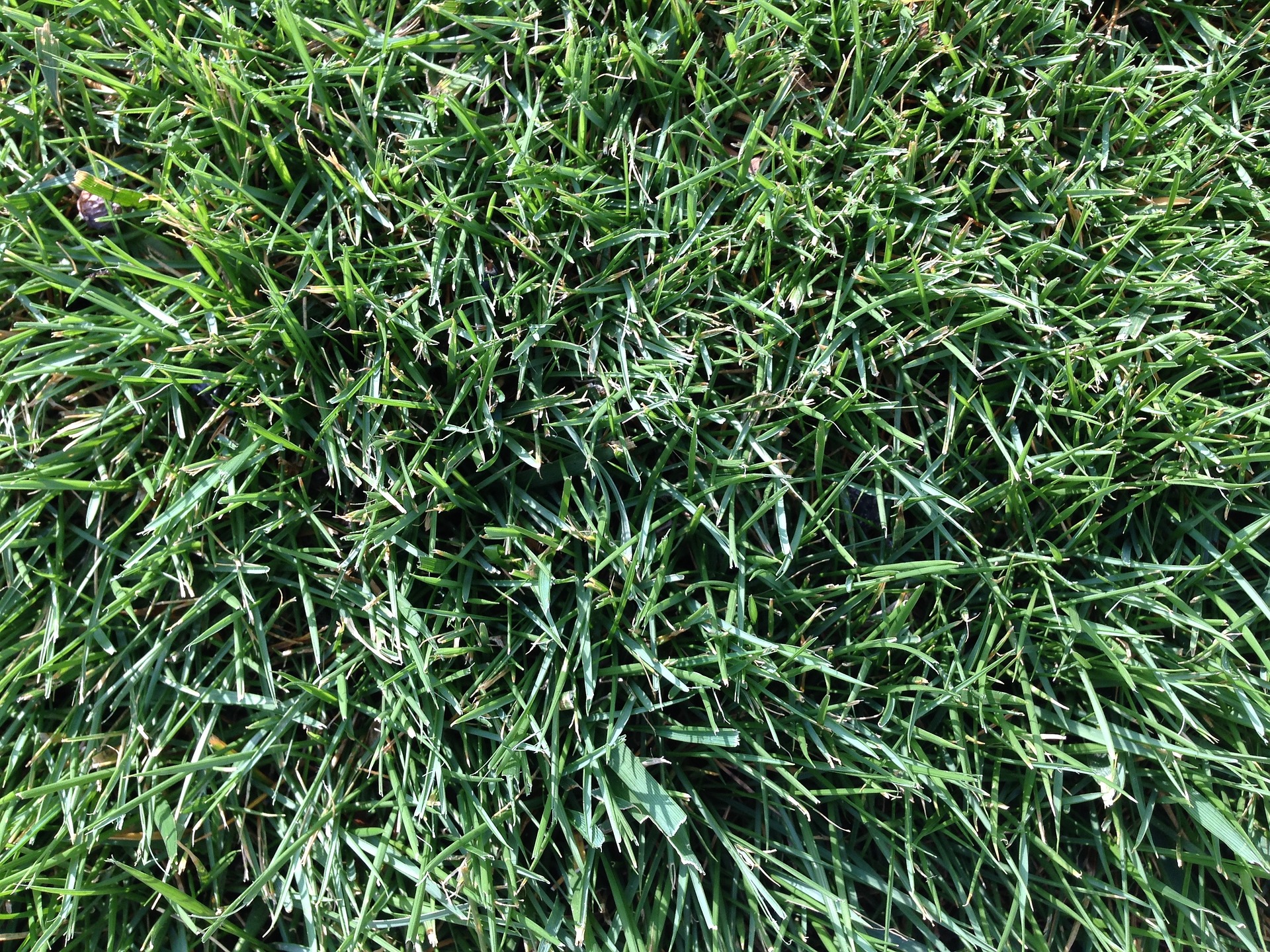Summer is believed to be the perfect time to grow vegetables. Varieties such as cucumbers, eggplants and peppers are easy to grow during this time of the year. So, let’s find out more about planting and caring for summer vegetables.
Cucumbers
 Cucumbers are among the easy-care vegetables that love sun and water. These long, lean and green garden vegetables are known for thriving when the weather is hot and when water is plentiful. These tropical vegetables are from the same family as pumpkins and watermelons and can grow best at temperatures between 75-85 °F.
Cucumbers are among the easy-care vegetables that love sun and water. These long, lean and green garden vegetables are known for thriving when the weather is hot and when water is plentiful. These tropical vegetables are from the same family as pumpkins and watermelons and can grow best at temperatures between 75-85 °F.
First and foremost, cucumbers should be grown in a warm spot outdoors. When selecting a planting site for cucumbers, one should avoid picking heavy or dense shades. Cucumbers can only thrive in areas that get full sun (at least 6 hours of direct sunlight per day). Whether they are grown in containers or directly in the ground, cucumbers need a rich and fertile soil to grow strong. The soil can be prepared beforehand by adding around two buckets of garden compost and raking in general purpose fertilizer. The compost and fertilizer would add crucial nutrients to the soil that would be easily absorbed by the cucumber.
When planting directly in the soil, the seeds should be sown 1 inch deep and spaced about 1 to 2 feet apart in a row. After planting, regular watering becomes a key component in the care requirement for cucumbers. The vegetable should be watered slowly in the morning and if possible, the cucumber should be watered without getting the leaves wet. If you have added well-rotted manure into the soil before planting, you may have to side-dress the plants again with organic matter. Or, the plants can be fertilized with a good liquid fertilizer.
An important tip to remember while growing cucumbers is that they should never be planted near potatoes as they can release a substance in the ground that can affect the growth of cucumbers. However, when this tropical vegetable is grown near crops like radishes, it will repel harmful insects like aphids and cucumber beetles.
Peppers
 There is a wide range of peppers but all belong to the Capsicum family. These tender and warm-season vegetables are easy to grow as long as one understands and follows some basic gardening principles.
There is a wide range of peppers but all belong to the Capsicum family. These tender and warm-season vegetables are easy to grow as long as one understands and follows some basic gardening principles.
Among all summer vegetables, peppers are known for having a long growing season (from 60 to 90 days). They can be grown in raised beds, containers or planted directly in the ground. Usually, pepper plants should be placed 18 to 24 inches apart in a well-drained and warm area. Although they are not particularly sensitive to soil acidity, the best results can be obtained when they are grown in well-drained soils and exposed to high temperatures.
For the peppers to grow strong, one should add organic matter or compost into the soil while planting. Regular watering throughout the summer season is also crucial.
While growing peppers, keep in mind that they will take time to change from green to the color shown on the plant tag.
Eggplants
 Also known as aubergine or brinjal, eggplant is a fiber-packed and nutrient-dense vegetable that belongs to the nightshade family (Solanaceae). This plant species is grown worldwide because it is high in antioxidants and can reduce the risk of heart disease.
Also known as aubergine or brinjal, eggplant is a fiber-packed and nutrient-dense vegetable that belongs to the nightshade family (Solanaceae). This plant species is grown worldwide because it is high in antioxidants and can reduce the risk of heart disease.
Growing this low-calorie vegetable requires one to have a sunny spot with well-drained soil. Although eggplants can grow best in sandy loam soil that is high in organic matter, it can also thrive when planted in a location that gets 6-8 hours of direct sunlight daily.
This warm-season crop needs ample space to grow and therefore seedlings should be planted one inch deep and placed about two to three feet apart. Generous watering, composting and weeding are essential steps for proper eggplant maintenance. Knowing which plant makes a good companion for eggplants is also important.
If you want to learn more about the best vegetables to grow in summer, click here! And, don’t forget to leave your comment in the section below!



